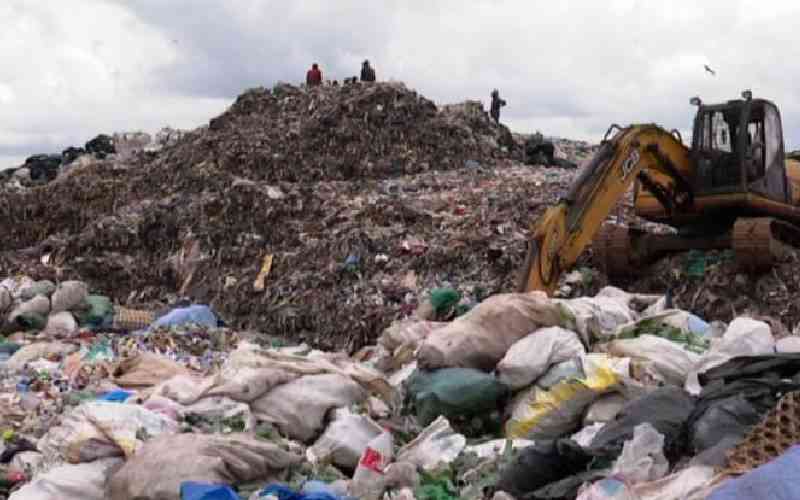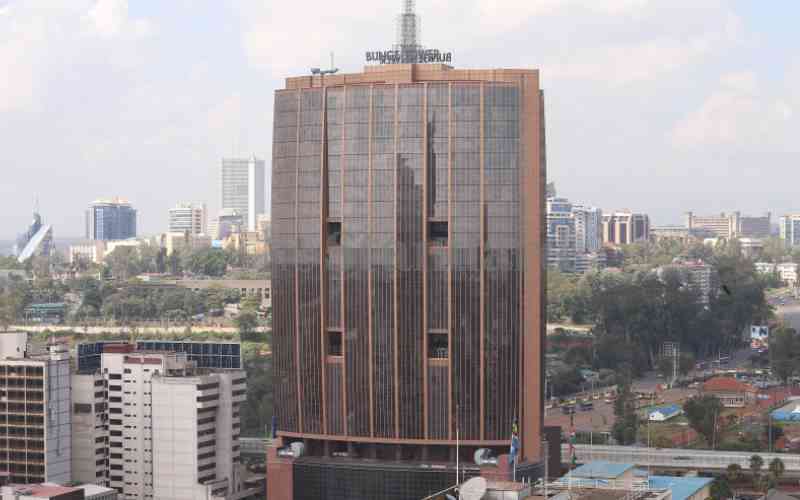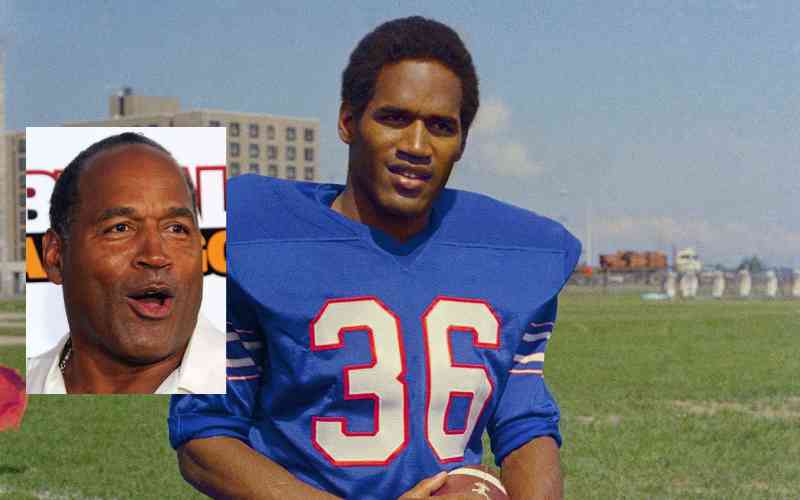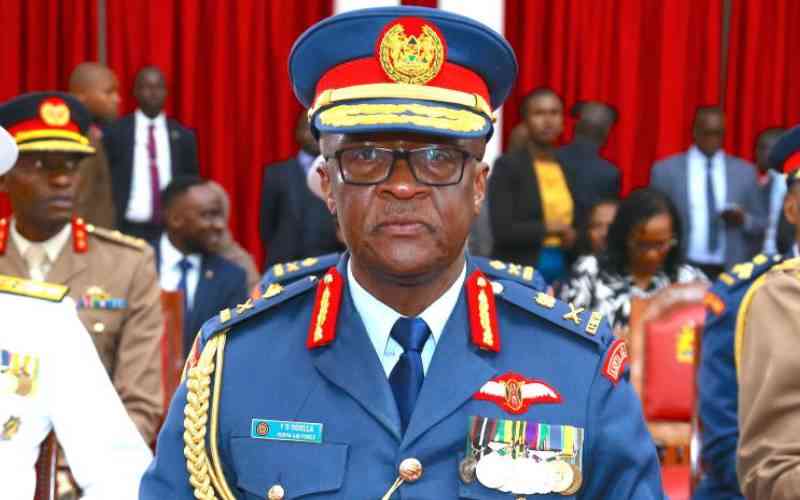With less than two years to the next General Election, efforts to reopen debate on the Waki Report relating to the 2007-8 post-election violence calls for great wisdom and sober reflection. As Members of Parliament discuss the report, they must be extremely careful not to tear open wounds of that most regrettable history of this country. The Justice Philip Waki Commission came up with startling findings on the violence that erupted soon after the bungled 2007 presidential election. It also made recommendations on the way forward to avoid a recurrence of clashes over an electoral contest.
The post-election violence (PEV) claimed 1,133 lives and uprooted more than 500,000 Kenyans from their homes. It remains post-independence Kenya’s darkest period. It must never happen again. The majority of Kenyans shudder when they recall the near break out of a civil war. Kenya was nearly a gone case. The MPs must, therefore, ask themselves how discussing the Waki report, helps in the healing and reconciliation process. This is because many Kenyans were directly or indirectly adversely affected by the violence. Children bore witness as their parents and kin were slaughtered by neighbours. Property worth billions of shillings either went up in smoke or was taken away in broad daylight robberies. Many innocent people were uprooted from where they called home and thrown into lives of squalor in camps for Internally displaced persons. For many people in communities across the country, the road to full recovery and true reconciliation has been long and tricky.
As MPs debate the Waki Report, they must take cognisance of the twists and turns in the ongoing cases at the International Criminal Court in The Hague on the PEV. The debate must not be seen to unduly interfere with the ongoing cases or stifle the search for genuine reconciliation. As elected leaders, their utterances must be measured to avoid triggering a wave of hatred among ethnic communities. Accusations and counter-accusations on culpability and/or innocence in the PEV would inflame animosity and poison the electioneering period we are about to enter into.
Most importantly, competition for political power must not be an excuse to sow seeds of ethnic hatred. Leaders should compete on the basis of policies and ideologies on how to unite the country, improve the lives of all Kenyans and take the country to the next level of development.
Kenyans must unite against any leader or political grouping seeking to use the debate to pit communities against each other on whatever grounds. Never again should a neighbour take arms against a neighbour on account of a political contest.
We also urge the National Cohesion and Integration Commission to step up vigilance on leaders spewing hate speech. The Francis ole Kaparo-led team must crack the whip on errant politicians inciting communities against each other ahead of the 2017 elections. The ground for violence is built on the utterances of leaders engaging in hate speech. They must be stopped now. The Director of Public Prosecutions, the courts, the police and other stakeholders must also be more vigilant to quell hate speech. Those found guilty of hate speech must be prosecuted to the full extent of the law and appropriately punished.
Kenyans must also stop the habit of singing praises on war-mongers who fashion themselves as champions of the interests of “their people”. Such leaders use communities for selfish gain and must be rejected by all peace-loving citizens. Once such tribal mandarins get elected into office, their true motive is exposed — enriching themselves and their cronies at the expense of the very citizens they call “my people”. Kenyans must unite in saying NO to hateful politicians as the General Election draws closer.
 The Standard Group Plc is a
multi-media organization with investments in media platforms spanning newspaper
print operations, television, radio broadcasting, digital and online services. The
Standard Group is recognized as a leading multi-media house in Kenya with a key
influence in matters of national and international interest.
The Standard Group Plc is a
multi-media organization with investments in media platforms spanning newspaper
print operations, television, radio broadcasting, digital and online services. The
Standard Group is recognized as a leading multi-media house in Kenya with a key
influence in matters of national and international interest.
 The Standard Group Plc is a
multi-media organization with investments in media platforms spanning newspaper
print operations, television, radio broadcasting, digital and online services. The
Standard Group is recognized as a leading multi-media house in Kenya with a key
influence in matters of national and international interest.
The Standard Group Plc is a
multi-media organization with investments in media platforms spanning newspaper
print operations, television, radio broadcasting, digital and online services. The
Standard Group is recognized as a leading multi-media house in Kenya with a key
influence in matters of national and international interest.









